Is It Right for You?
As a solar provider, we at NATiVE Solar hope that everyone can have access to solar energy. However, this is not always the case. While solar energy is sustainable and ultimately cheaper in the long run than utility power, the high upfront costs and restrictions surrounding roof types and shading make it not feasible for everyone.
So, do the advantages of solar outweigh the disadvantages? In this blog, we’ll present the pros and cons of solar energy so that you can decide if going solar makes sense for you.
Advantages of Solar Energy
1. Energy Independence
Traditionally, most people depend on the utility company for power. When the grid goes down, it can be a helpless feeling to be without power for an extended period. Owning a solar system with energy storage allows you to keep generating power during emergencies. This peace of mind is invaluable, especially if you live in a place with an unreliable power grid, like Texas, or are regularly threatened by severe weather conditions like tornadoes and hurricanes. Solar energy also provides the freedom to generate power where it would be too expensive to run power lines, like remote cabins. Moreover, with rising electricity costs, locking in a fixed rate for your electricity over the next few decades is financially liberating.
2. Eliminate Your Electric Bill
Who doesn’t love one less bill coming out of their paycheck? With a properly sized system, you can drastically reduce or completely eliminate your electric bill. Even if you extend your payback period by taking out a loan to finance your project, you still enjoy reduced electricity costs from the moment you flip the switch on your PV system. Watching your power bill disappear is an exciting part of going solar for many people.
3. Profitable Investment
If you buy a grid-tied system, you can expect your investment in solar to turn a profit in the long run. Assuming the national average cost of electricity, it would take between 6 to 10 years to recoup your investment, depending on the size of your system. Beyond that point, you start to generate a profit. Over the 25-year life of the solar panel warranty, you could earn a significant profit after clearing the initial payback period.
4. Lucrative Government Incentives
The investment into solar becomes even more appealing with government incentives. State and federal programs encourage renewable energy investments, offering substantial financial benefits. The main incentive is the 30% federal tax credit for going solar. Under this program, you receive 30% of the total installed cost of your system as a tax credit at the end of the year. Local incentives can also be claimed, making the overall investment more attractive.
5. Sustainability
Solar energy is a sustainable energy source that can be used without depleting the source of power. Unlike oil and gas, which are consumed and eventually depleted, solar energy relies on sunlight, which is constantly replenished. This makes solar a responsible choice for preserving natural resources for future generations.
6. Low Maintenance
Solar systems have few moving parts, resulting in minimal maintenance. Panels are warrantied to last 25 years or more, requiring little to no repairs or replacements. The primary maintenance task is typically replacing the inverter once over the life of the system. Off-grid systems with batteries require more routine maintenance, but grid-tied systems eliminate the need for batteries, simplifying upkeep.
7. Improves Property Value
Homes equipped with a solar power system sell for more and sell faster than their non-solar counterparts. Research shows that solar homes sell for, on average, 4.1% more than non-solar homes. Solar power systems increase property value significantly, as homebuyers see solar as a major selling point.
Disadvantages of Solar Systems
1. Expensive Upfront Costs
Solar is expensive upfront. To build a system that would power the average American home, you might pay $8,000-$10,000, not including shipping or installation. Although you break even in the long term and eventually make money, the high upfront cost is a barrier for many. Financing options are available, but not everyone wants to take on loan payments.
2. Space Requirements
Standard solar panels take up significant space. To offset the national average electricity use, you’d need at least 24 panels, which would require considerable roof or yard space. While roof mounts take advantage of unused space, designing around odd angles and obstructions can be challenging.
3. Expensive Energy Storage
Batteries are the most expensive component of a solar power system. They are mandatory for off-grid systems and necessary for backup power in grid-tied systems. High-end lithium batteries for a full-scale off-grid system can easily cost five figures. Batteries also need to be replaced more frequently than other system components, typically every 10-15 years.
4. Not Suitable for Every Property
Not every property is a good fit for solar power. Some properties lack sufficient space or have too much shade to generate adequate energy. While technologies like custom racking can help, they can only do so much.
5. Better for Long-Term Homeowners
Solar is a long-term investment. The payback period assumes you’ll be living on the same property for at least 10 years, if not the full duration of the 25-year warranty. If you plan to move soon or don’t own your home, the investment may not make sense. However, solar increases property values, so you may recoup your investment when you sell your home.
Contact Us
Still not sure if the advantages of solar outweigh the disadvantages? You can always schedule a consultation with one of our experts. We’ll answer questions, clear any design hurdles, and help you decide if solar is right for you. #TakeYourPowerBack with NATiVE Solar!


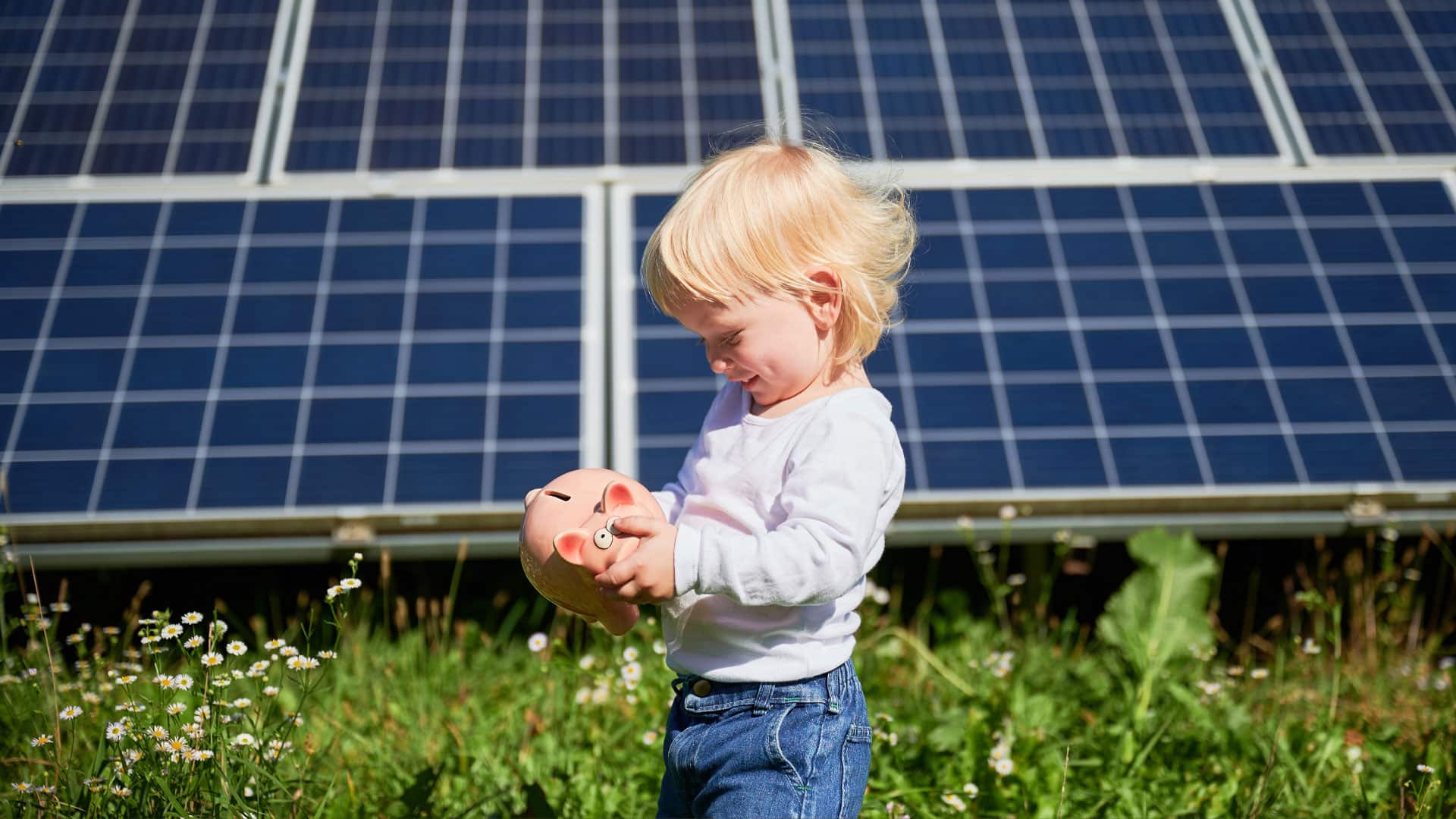
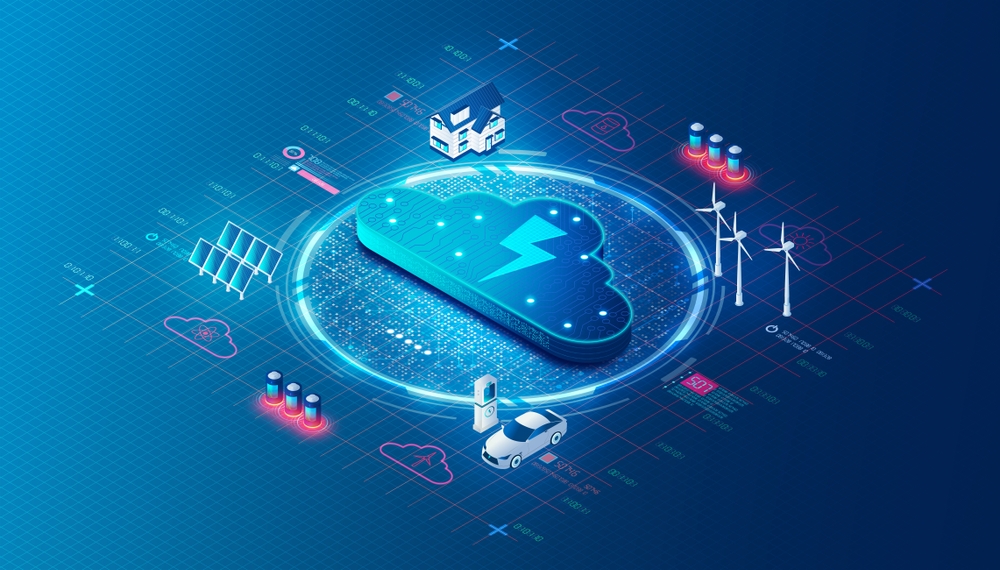
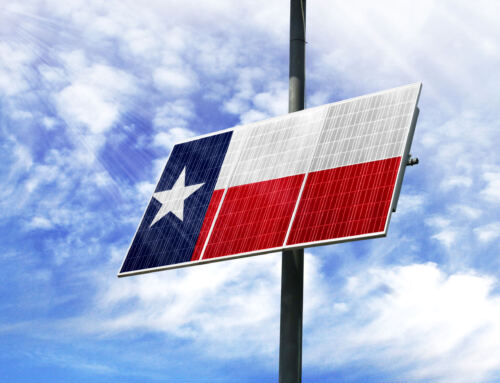
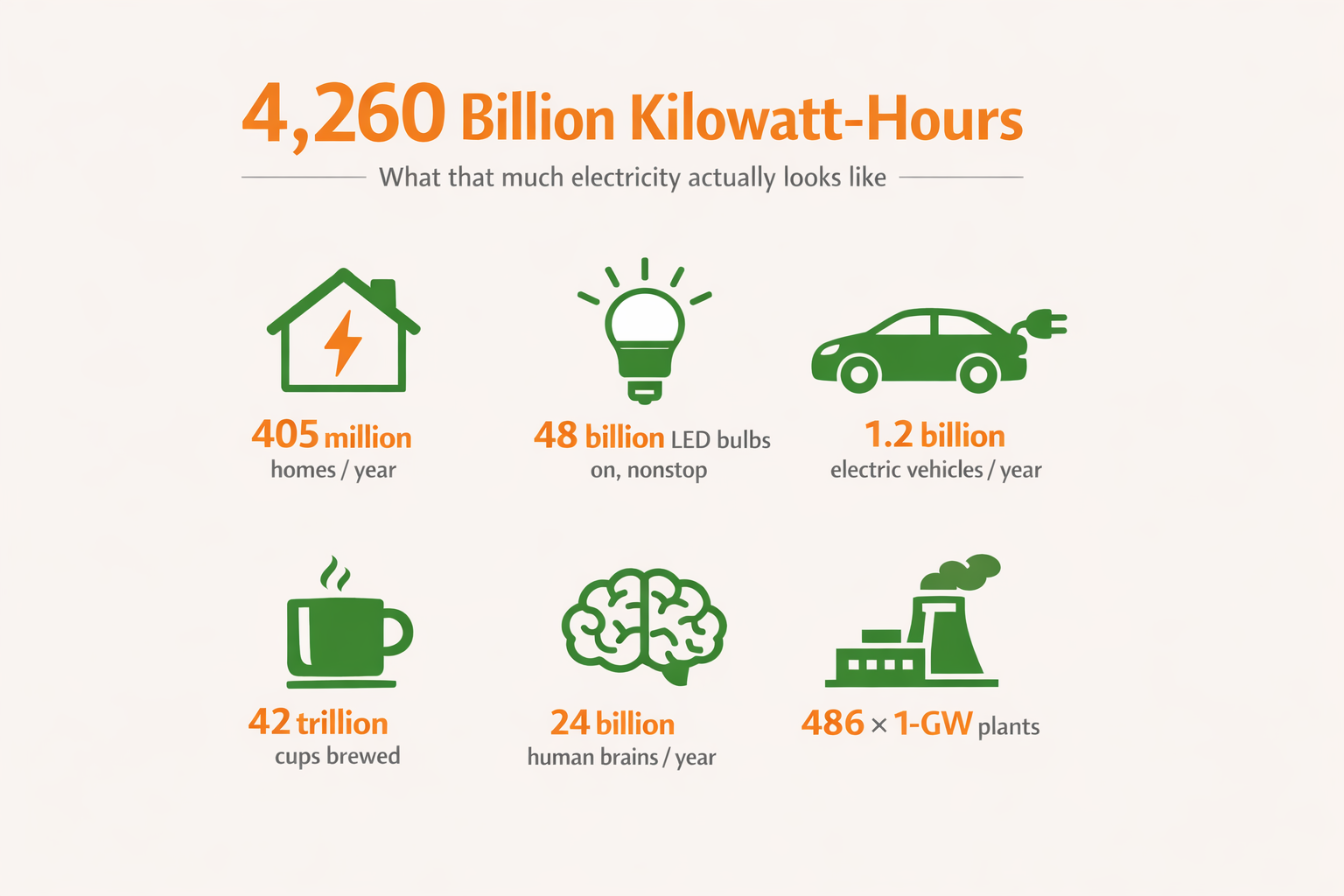





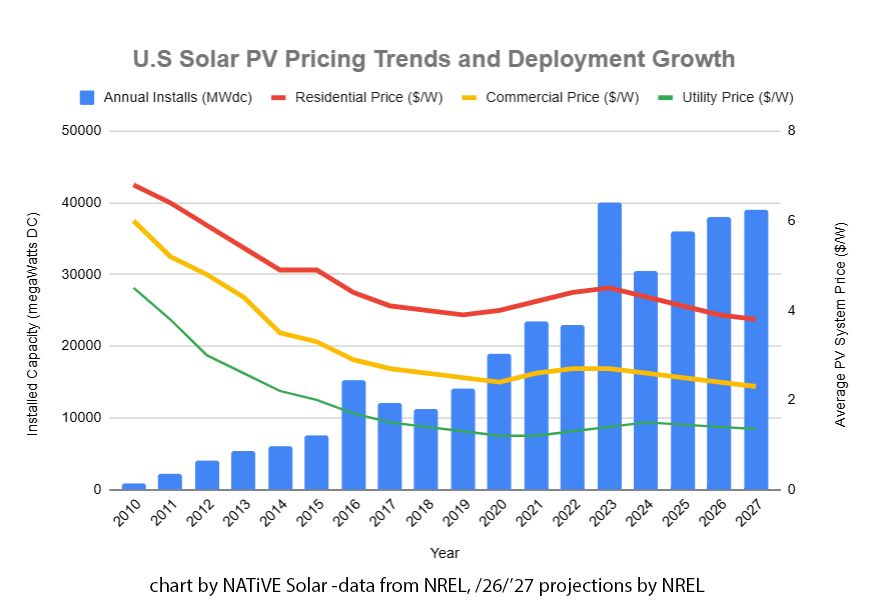




















Leave A Comment